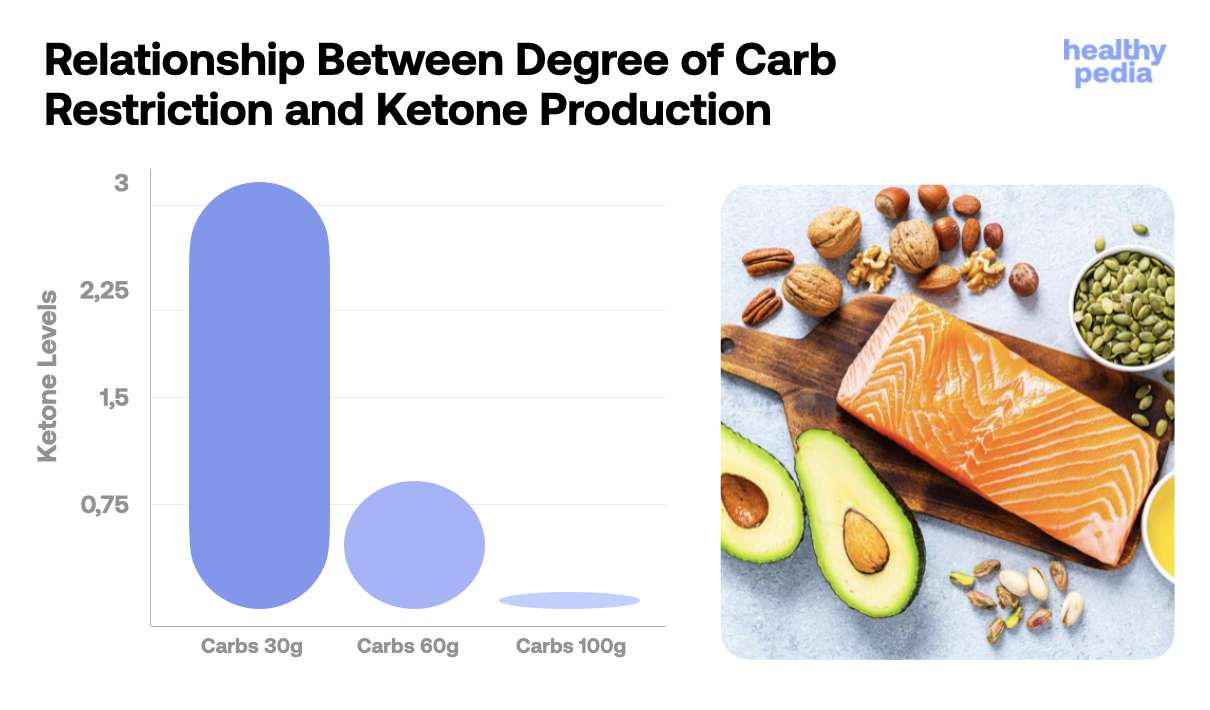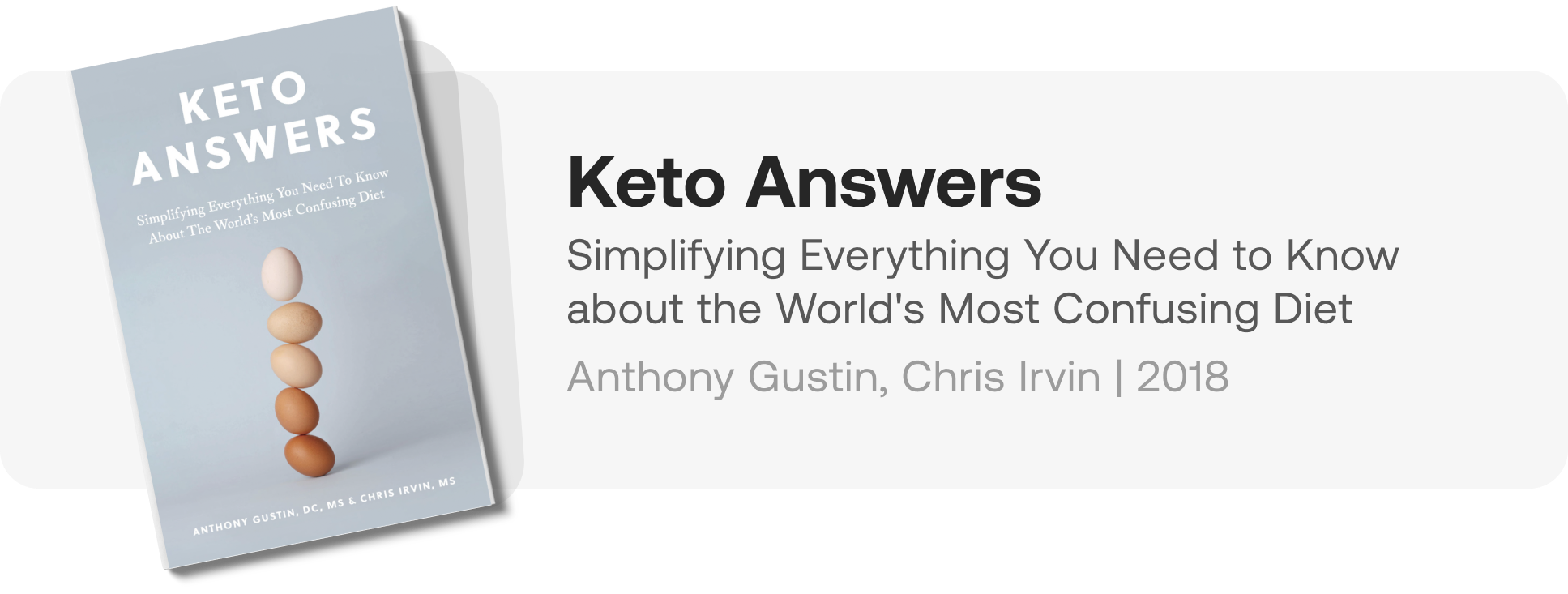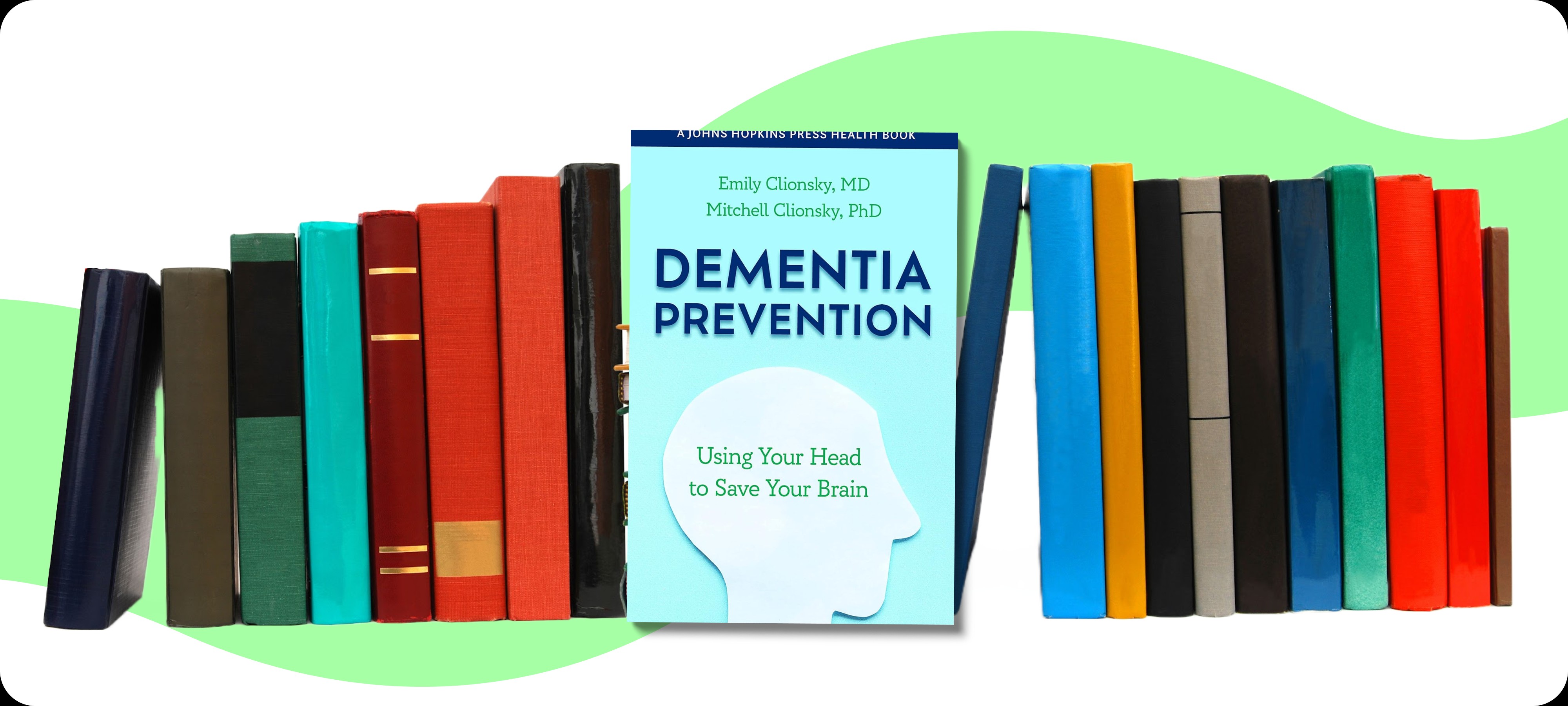In an info space flooded with conflicting health recommendations, it’s no wonder that the keto diet (KD) often falls victim to misconceptions, leaving it perceived as restrictive and depriving.
Amidst the barrage of information on TV, social media and Google searches, it becomes increasingly challenging to decipher the truth. One moment, bacon is hailed as the saviour of heart disease, only to be demonised as a heart attack waiting to happen the next day. Yesterday, exercise was deemed the ultimate key to good health, yet tomorrow a glass of wine might miraculously rival its benefits.
This perplexing state of affairs stems from outdated and misguided dietary advice. However, in this article, we aim to shed light on the truth behind ketosis and why it can actually be beneficial for you. By understanding the science behind the Keto diet, we can unravel its potential benefits and uncover the reasons why it has gained significant attention in recent years.
What is ketosis and how does it work?


When we consume carbohydrates, they are broken down to glucose – a type of sugar known as blood sugar.
This increase in blood sugar makes the pancreas produce the hormone insulin, which binds to the body’s cells and allows glucose to enter. Here, a process known as glycolysis takes place, in which glucose is broken down into a substance that cells can use to create energy. Carbohydrates are quickly broken down in our bodies and are usually available as a source of fuel.
On the contrary, when you restrict the amount of carbs in your diet, your body starts breaking down fat to use for energy. This causes compounds called ketones to be released, which provide an alternative source of energy for your body and brain.
The fat that your body uses can originate from your diet or your body’s fat stores. When the liver increases the level of ketones, one can experience extreme health benefits ranging from the most obvious ones like weight loss and diabetes prevention to higher energy levels, better breathing efficiency and even lower disease risk.
Ketogenic diet: what do I eat to get into ketosis?


Now as you know what is ketosis, it is important to assure a balanced and safe diet to actually put your body into the process of ketosis.
The keto diet is a low-carb and high-fat diet. The micronutrient content of this nutrition plan typically consists of around 70% to 80% fats, 10% to 20% proteins, and only 5% to 10% carbohydrates.
Keto foods
While it is possible to achieve ketosis by sufficiently restricting carbohydrates, this approach alone may not be conducive to long-term health.
Here are some examples of the foods you can consume to promote both ketosis and overall well-being:
-
Meat (beef, pork, poultry, etc.)
-
Fish (usually fatty fish like salmon)
-
Eggs
-
Avocados
-
Leafy green vegetables
-
Nuts/seeds
-
A limited amount of cheese
-
Quality oils such as MCT, coconut, and avocado oil
-
Limited amount of low-glycemic fruits and berries like blueberries, strawberries, apples, plums, peaches, etc.
How many carbs do I need for ketosis?
To go into ketosis you need 30g of carbs a day. There is an extremely close connection between carb restriction and the level of ketone production. However, you should pay attention to the response of your body to such a restriction and try to decrease the carbohydrate intake gradually.
 Source: ‘Keto Answers’
Source: ‘Keto Answers’ What is the time it takes to get into ketosis?
Entering ketosis typically takes two to four days if you consume between 20 and 50 grams of carbohydrates per day. However, the time it takes to achieve ketosis can vary based on factors such as age, carbohydrate, fat and protein intake, physical activity level, metabolism, sleep health, and stress level.
If you used to have a lot of carbs in your diet before starting KD, it may take longer to reach ketosis as your body needs to deplete its glucose stores first. Intermittent fasting, particularly the method of eating within an eight-hour window and fasting for the remaining 16 hours of a 24-hour period, may help you enter ketosis faster.
What are the benefits of ketosis?

Studies have indicated that ketosis can offer various health advantages. Among these benefits, weight loss is a prominent one, with individuals reporting significant losses ranging from 1 pound (0.5 kg) to over 10 pounds (5 kg) within the initial week. Ketosis can reduce hunger, potentially leading to a decrease in overall food consumption. Moreover, it may aid in the reduction of visceral fat (belly fat) while preserving lean mass.
Additionally, ketosis has shown potential in the treatment and management of various diseases:
1Aids in managing epilepsy
This diet has a renowned reputation for helping to control epileptic seizures and is often prescribed to children with epilepsy by healthcare providers.
2Helps with neurologic diseases
Ketogenic diets have demonstrated promise in improving brain cancer and Alzheimer’s disease, while ketogenic therapies may also reduce mental illness symptoms.
3Gets diabetes under control
The keto diet is not a new way of managing diabetes, it can help to lose weight as well as lower blood sugar levels to a normal range.
4Reduces the risk of heart disease
People on the KD have shown a significant decline in triglycerides (a type of fat that circulates in the blood) which leads to a reduction in heart disease risk.
5Combats cancer
The keto diet may raise cancer survival time. The KD alone reduced tumour growth and improved mean survival time by 56.7% in a mouse model study.
6Helps to get rid of breathing difficulties
Blood and muscle oxygen saturation increase in ketosis. Ketogenic dieters often report better breathing, asthma and COPD symptom relief, and greater endurance exercising.
What are the side effects of ketosis?

While the keto diet offers numerous benefits, it is important to be aware of potential side effects. One common indicator of ketosis is the occurrence of ‘keto flu,’ characterised by symptoms like upset stomach, headache, and fatigue. However, the symptoms disappear after a week or less.
Additionally, other symptoms associated with ketosis may include:
For individuals transitioning to a keto diet or those who have had their gallbladder removed, there may be challenges in properly digesting high-fat meals due to insufficient bile production. This can result in a deficiency of important fat-soluble nutrients, potentially affecting the absorption of essential vitamins K, A, D, and E.

When you are in ketosis, your body produces chemicals that cause keto breath. To avoid this unpleasant side-effect while staying in ketosis, chew sugar-free gum or suck on xylitol-sweetened mints. Water and tea can be infused with natural breath fresheners, such as clove, cinnamon, or mint.
Since you want to lower carb intake when following the KD, you won’t eat a lot of vegetables and fruits that are high in fibre that normalise bowel movement. You can obtain dietary fibre from keto-approved foods such as avocado, nuts, and small servings of low-starch vegetables and berries.
When you just begin your keto journey, you might feel more tired because switching from burning carbohydrates to burning fat for energy causes fatigue. It will take a few days for your body to adjust to the new energy source, so fatigue will disappear in time.
The production of ketones leads to a higher loss of body fluids, which may lead to dehydration. Therefore, you should be more cautious about your liquid intake and drink more water.
The ketogenic diet can affect vitamin D levels and decrease growth factors. This may contribute to a higher likelihood of experiencing a decrease in bone mineral density and fractures. To prevent this from happening, make sure your diet includes oily fish and eggs. You can also consult your doctor about taking vitamin D3 supplements to meet your vitamin D needs.
Research indicates that the diet may lower citrate levels in urine, which could contribute to an increased likelihood of kidney stone formation. However, kidney stones rarely occur on a properly formulated ketogenic diet.
Let’s summarise

The ketogenic diet can offer numerous benefits when practised correctly and with caution. It is crucial to follow this dietary approach with proper guidance and a consultation with a healthcare professional. While the ketogenic diet has shown promise in weight loss, improved energy levels, and disease management, it is essential to be mindful of potential side effects and listen to our bodies. Adhering to the right balance of macronutrients, ensuring nutrient adequacy, and monitoring our overall health are vital. Before embarking on a ketogenic journey, it is advisable to consult with a doctor or a registered dietitian who can provide personalised guidance. By being attentive to our bodies’ needs and working closely with healthcare professionals, we can maximise the potential benefits of the ketogenic diet while minimising any potential drawbacks.

Not enough? Here is more
If you’re seeking a practical and reliable guide to losing fat and improving your health, Keto Answers by Antony Gustin and Chris Irvin is the book you need. With an extensive background in utilising the ketogenic diet to address health issues and assist countless patients and clients in achieving their weight loss goals, the authors provide the answers to the most pressing questions surrounding the ketogenic diet.









